
Opening up opportunities for children in mountainous areas to access knowledge
In recent times, in order to meet the goal of renewing the General Education Program (GPPT), the compilation of textbooks in ethnic minority languages is not only a professional requirement, but also a task with profound social and humanistic significance. This is a tool to preserve the language and culture of ethnic minorities; at the same time, expanding opportunities for children in mountainous and border areas to access knowledge.
Associate Professor, Dr. Nguyen Van Tung - Member of the Board of Members, Deputy Editor-in-Chief of Vietnam Education Publishing House (NXBGDVN) expressed: Compiling ethnic language textbooks is a difficult but proud journey. In the process of compiling ethnic language textbooks, NXBGDVN has a great advantage of extensive experience. Over the past two decades, we have accumulated a team of highly qualified professionals who understand both modern publishing techniques and the cultural characteristics of ethnic regions.
"The human factor is the biggest advantage, helping us deploy quickly and ensure the quality of each book series," emphasized the Deputy Editor-in-Chief of Vietnam Education Publishing House.
Overcome difficulties to complete
However, the challenges are also enormous. The first difficulty comes from the fact that ethnic minority language textbooks must comply with a strict system of legal documents, including many stages, closely following many documents that are also issued for the first time. From Circular No. 34/2020/TT-BGDDT promulgating the General Education Program for Ethnic Minority Languages; the set of technical and aesthetic standards for ethnic minority language textbooks; to Circular No. 33/2017/TT-BGDDT promulgating regulations on standards and procedures for compiling and editing textbooks; Circular No. 05/2022/TT-BGDDT amending and supplementing regulations on standards and procedures for compiling and editing textbooks...
This requires the compilation team to go through a series of stages. To have quality books, the Vietnam Education Publishing House must "take care" from the stages of training authors and personnel participating in compiling ethnic minority language textbooks on the content, methods, and regulations when writing documents.
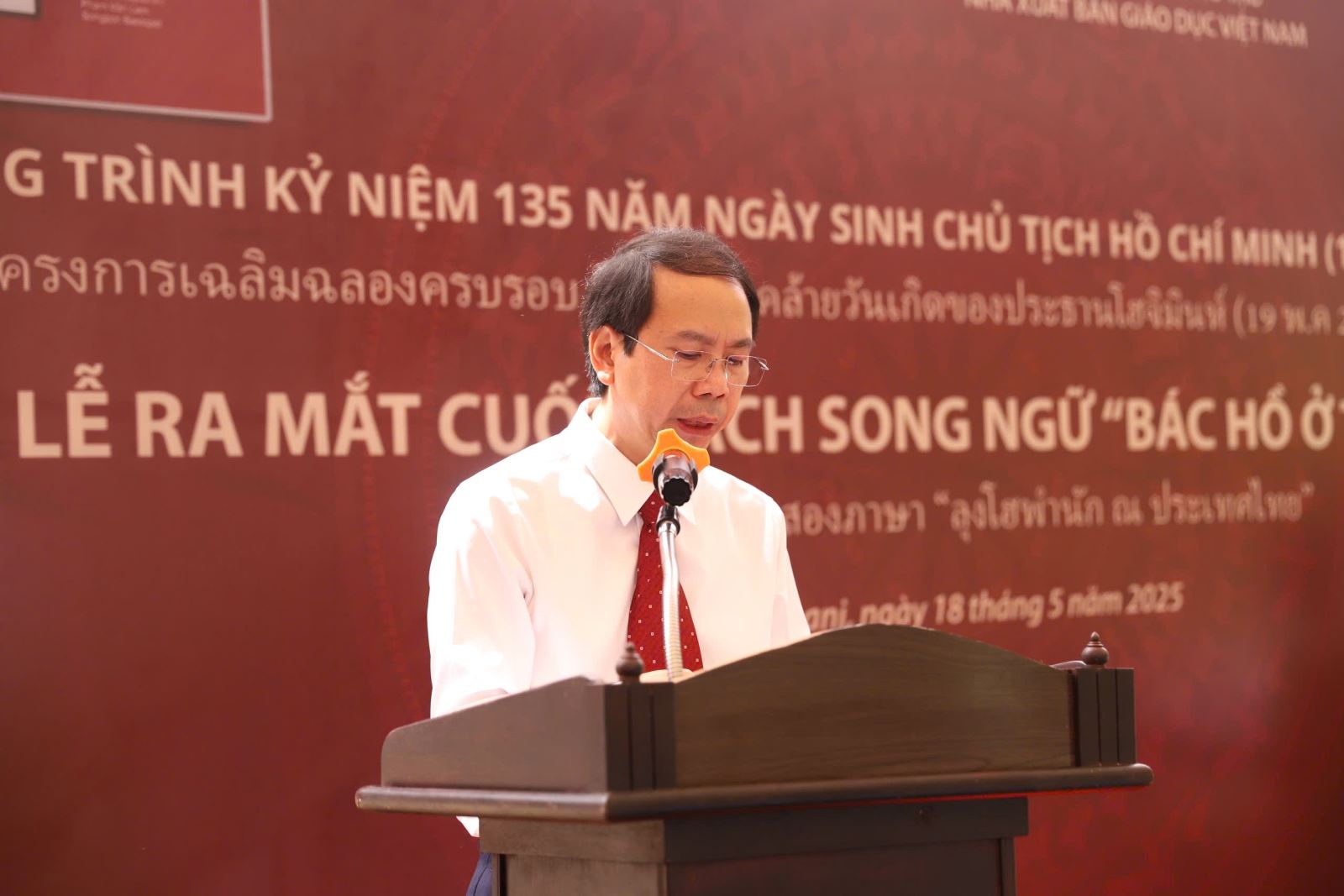
Along with that is the research of the program, the development of detailed outlines, the design of book structures, sample lessons, the development of implementation plans, and the assignment of tasks. To meet practical requirements, the Vietnam Education Publishing House also organized investigations, research, surveys, and information collection on the content of ethnic minority language education from grades 1 to 5. Specifically, 17 camps were organized to compile textbooks and instructional materials for ethnic minority languages from grades 1 to 5 in 10 localities: Lao Cai, Son La, Dak Lak, Dak Nong, Gia Lai, Ninh Thuan, Binh Thuan, Lam Dong, Can Tho, Da Nang. Pilot teaching was conducted in 12 provinces: Son La, Lao Cai, Yen Bai, Dien Bien, Gia Lai, Kon Tum, Dak Lak, Dak Nong, Ninh Thuan, Binh Thuan, Tra Vinh , and Soc Trang.
"The amount of documents and evidence that need to be prepared for each book series is huge. There are times when editors and managers have to work almost non-stop to keep up with the schedule and meet the process," said Associate Professor Dr. Nguyen Van Tung.
Another difficulty is selecting the team of authors. The authors must be knowledgeable in the national language, have a good grasp of the 2018 General Education Program, and have pedagogical skills and experience in writing textbooks. In particular, they need to be intellectuals recognized by the national community. This is a very strict criterion, so the selection is not simple.
The team of authors of ethnic minority language textbooks is located all over the country, so organizing training for authors when writing and compiling books is difficult. Therefore, the Vietnam Education Publishing House must regularly organize direct working sessions and online working sessions with the authors...
The experimental teaching stage is also arduous. This activity is carried out in border provinces and remote mountainous areas. Difficult roads and limited facilities make the organization laborious.
Even with languages that have textbooks compiled for the first time, such as Thai or Mnong, in reality there are not enough students to teach experimentally, so teachers have difficulty teaching experimentally to students and are forced to flexibly adjust the implementation.
However, all efforts stem from the belief that ethnic minority language textbooks not only help students access knowledge in their mother tongue, but also contribute to preserving and promoting the culture of each ethnic community. This is a special social responsibility that the Vietnam Education Publishing House always puts first.
It can be seen that compiling textbooks for ethnic minority languages is a journey that requires perseverance and dedication. The achievements of the Vietnam Education Publishing House are not only the sets of books that meet the new curriculum standards, but also a great contribution to preserving the mother tongue, narrowing the educational gap in disadvantaged areas and opening up the future for tens of thousands of ethnic minority children.
In the context of the entire education sector changing strongly, this effort further affirms the pioneering role of NXBGDVN in taking on the responsibility of producing textbooks for students across the country.
Source: https://baotintuc.vn/giao-duc/bien-soan-sach-giao-khoa-dan-toc-vinh-du-va-trach-nhiem-20250927131258574.htm




![[Photo] Soldiers guard the fire and protect the forest](https://vphoto.vietnam.vn/thumb/1200x675/vietnam/resource/IMAGE/2025/9/27/7cab6a2afcf543558a98f4d87e9aaf95)



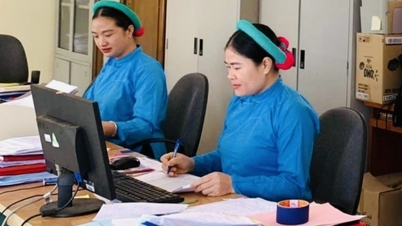

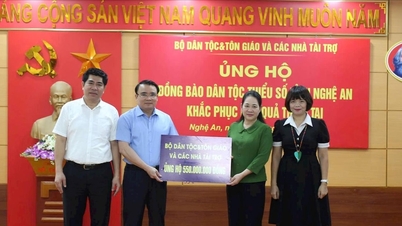



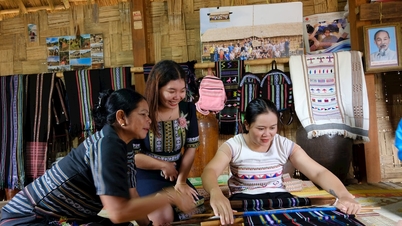



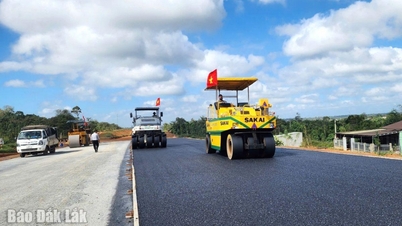

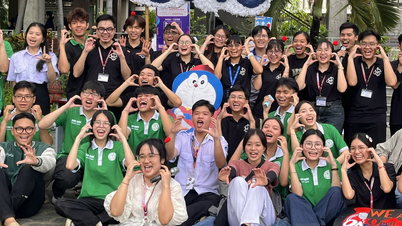

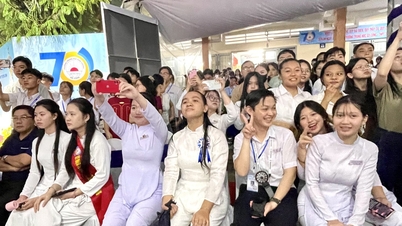





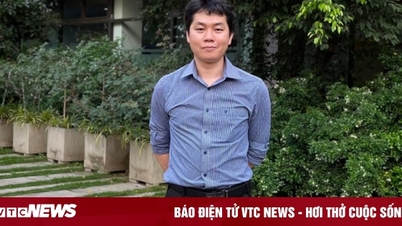







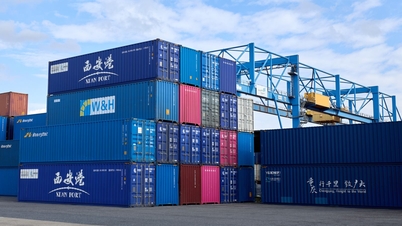


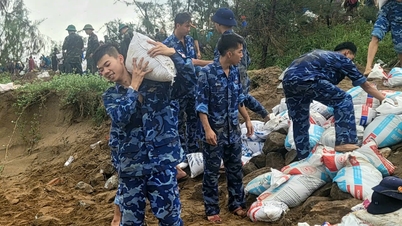

![[Photo] Prime Minister Pham Minh Chinh attends the 1st Hai Phong City Party Congress](https://vphoto.vietnam.vn/thumb/1200x675/vietnam/resource/IMAGE/2025/9/27/676f179ddf8c4b4c84b4cfc8f28a9550)





















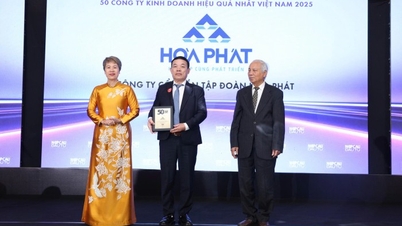




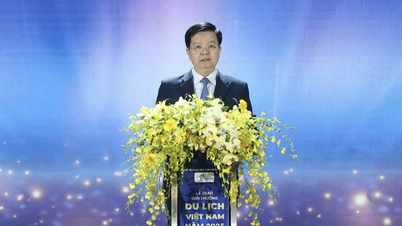








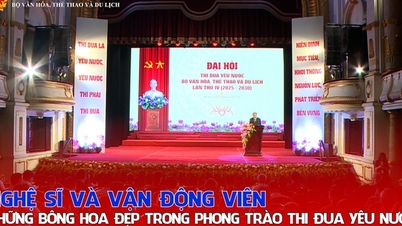




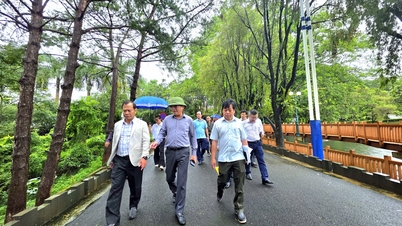


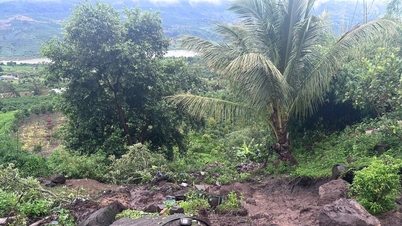
















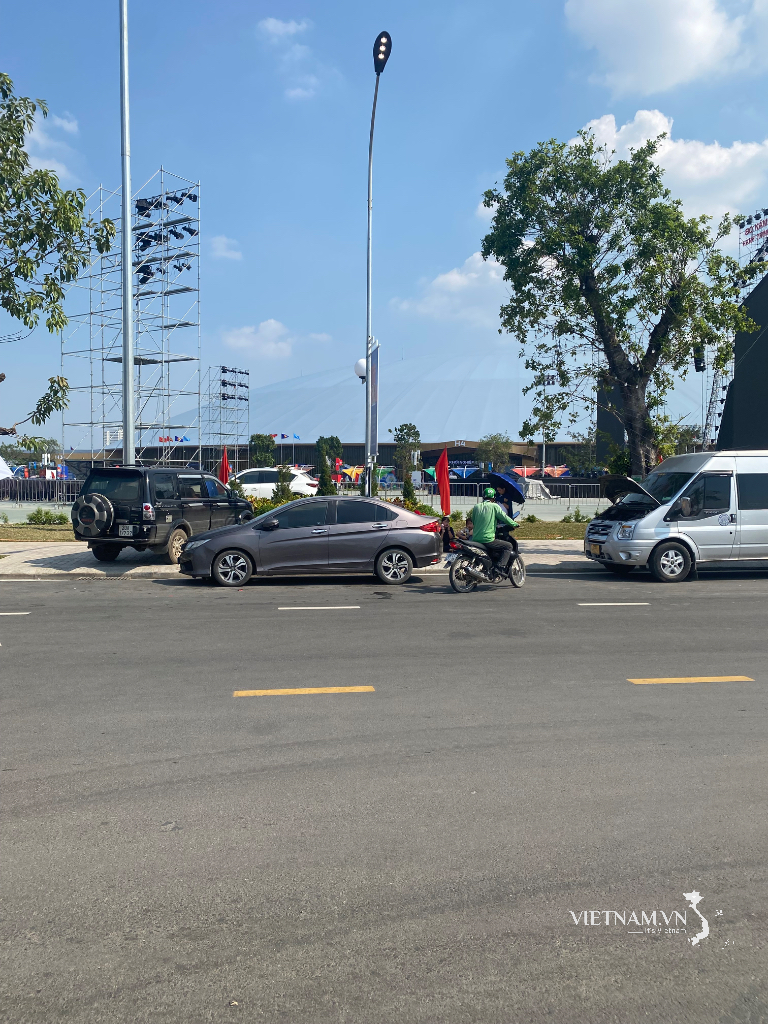


Comment (0)